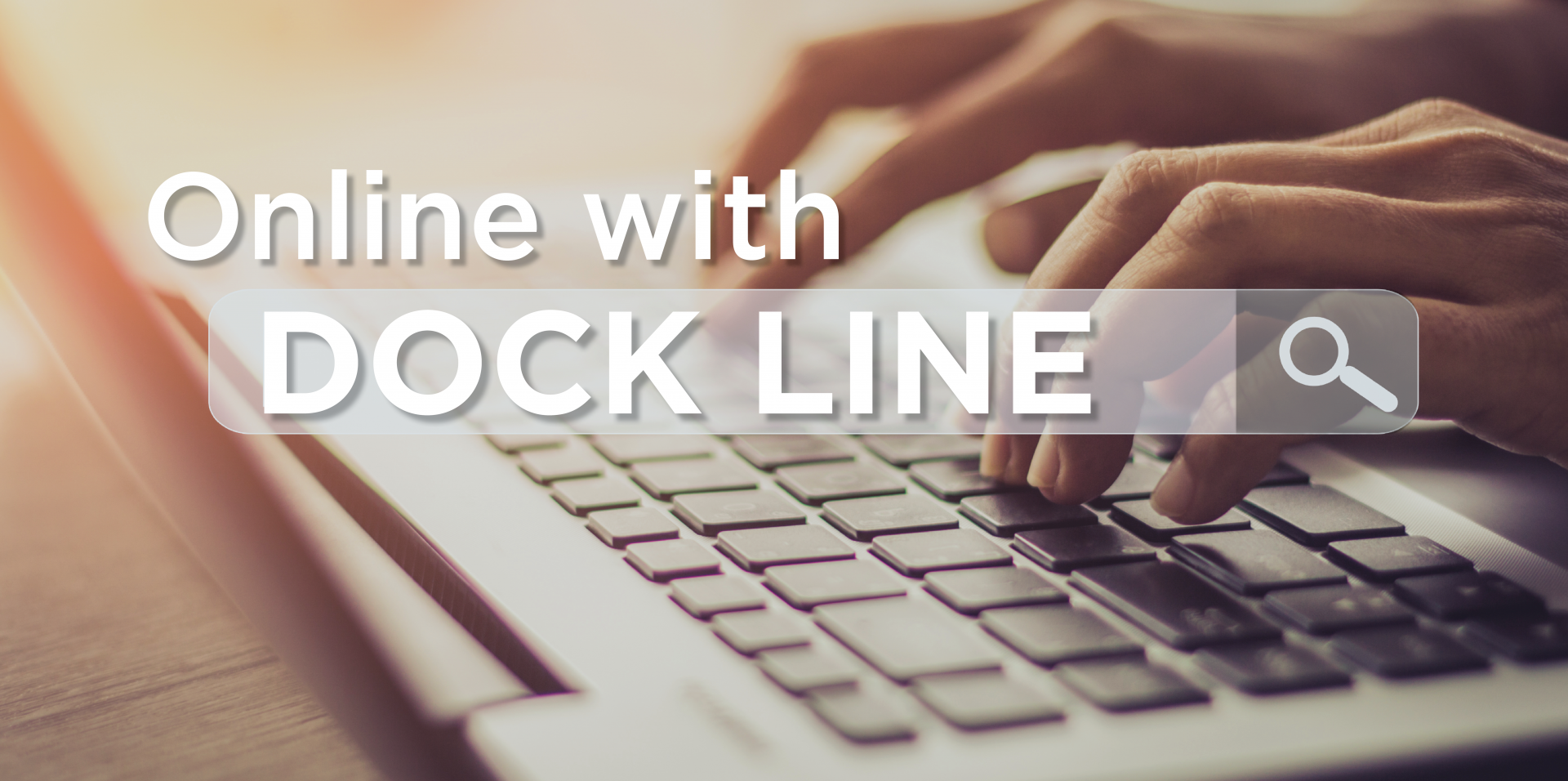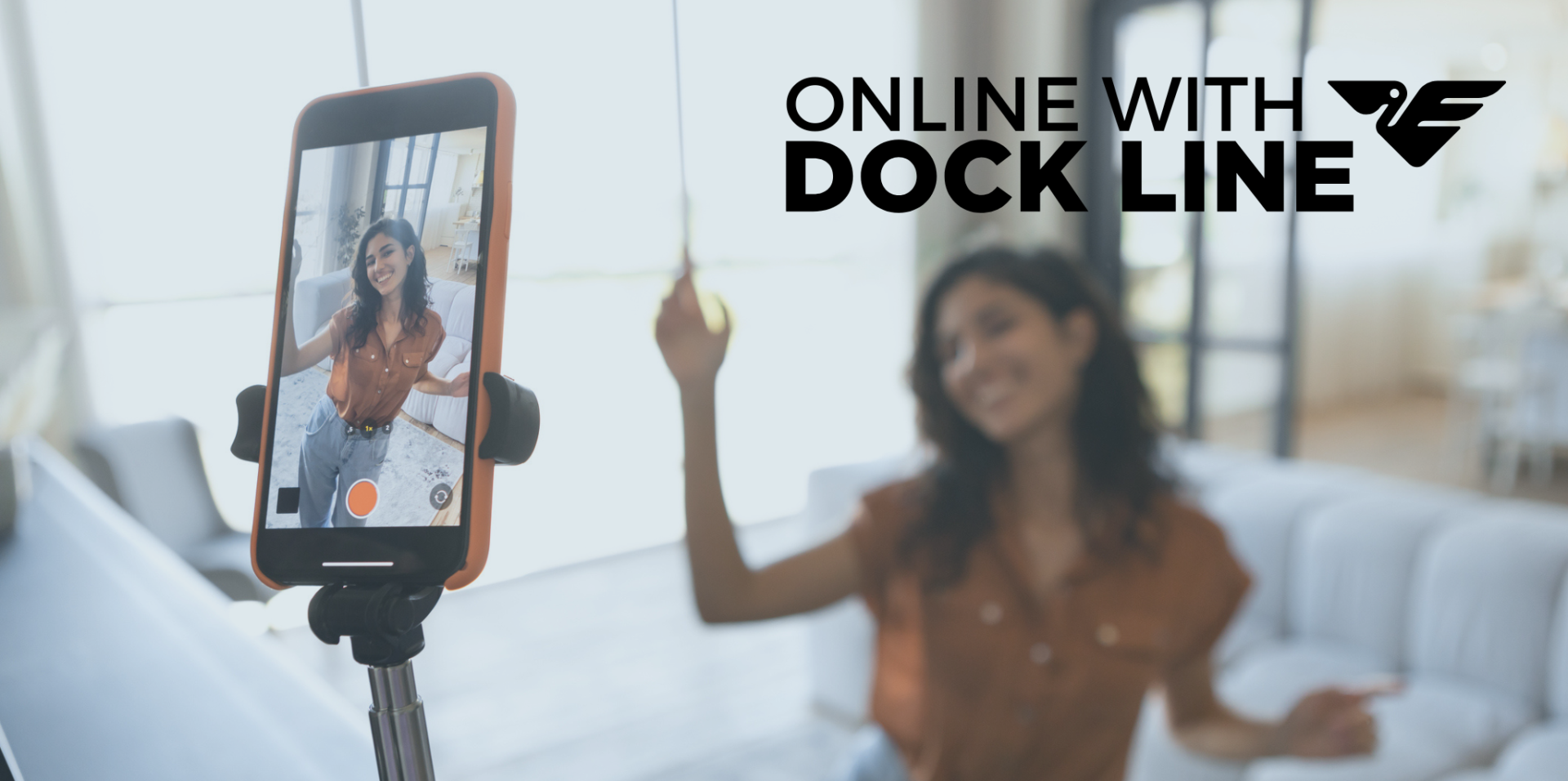Note: This article was written on March 13, 2020. New information may change the relevancy of this article so use information given by public officials to make the best judgment.
Before we break down strategies, we want to be upfront and transparent. The Coronavirus, or COVID-19, is deadly. With the World Health Organization declaring it a pandemic, you should take some precautions. Here are some general guidelines to consider as a starting point:
- Allow older employees to work from home or try to not have them interact with the public. Also, consider those who may have compromised immune symptoms.
- If you do not have clear guidelines on work procedures during a pandemic, establish them. Start a task force on how operations will change, pay will be affected, and how you can interact with customers safely.
- Identify how cash flow may be impacted.
- If you can switch to a supplier that is not based out of China—do so. Supply chains are still being affected, and that may affect you should the Coronavirus spread more.
If you are worried more about the effect of global supply chains, Mckinsey & Company wrote a fantastic guide on how it could affect Q2 and Q3 sales. Most importantly, protect yourself and your employees. With that, let’s move on to our strategies.
Identify what work can be done at home
Our first tip is to identify what work can be completed at home. You can schedule meetings through email, Facetime, Google Chat, Skype, etc. However, this doesn’t just have to be with your employees, but customers as well. Try to keep as much work as you can through a computer screen or telephone screen. As Joyce Rosenberg points out in US News:
“At some businesses, the spread of the coronavirus is forcing owners to change the fundamental ways they work. At Fracchia & Co., a company that offers counseling and advice about professional, career, marriage and relationship issues, staffers are now agreeing to clients’ requests for meetings over the phone rather than in person. That’s something the Sydney, Australia, practice has not done in the past. But nearly two-thirds of the firm’s clients have asked for phone meetings since the virus outbreak began, and while co-founder Danielle Fracchia has reservations, she’s saying yes.”
This doesn’t have to just be for a counseling firm. Although, you will want to position some of your expertise as consulting. For example, let’s say you run a plumbing company. Normally you conduct business by going to a customer’s house and determining the problem. In order to limit exposure, offer consultations on plumbing problems by video chatting with a customer. You can still examine the problem and guide the customer to a temporary solution or offer one of your products online that can solve their issue. You can charge for your consultation or you can not. That is up to your business. During this time, make sure you are able to offer products online.
As Harvard Business Review reports about the companies in China that have already seen the Coronavirus, one thing is clear: you must be adaptable. This may mean you need to meet daily on how to interact with customers. Be proactive in seeking out ways Coronavirus will affect supply chains, customer relationships, negotiations, and other facets of your business. You need to have clear and concise information about what you can offer to your customers during this outbreak. You may have to get creative about your workforce, as HBR points out in an example:
“For example, cosmetics company Lin Qingxuan was forced to close 40% of its stores during the crisis, including all of its locations in Wuhan. However, the company redeployed its 100+ beauty advisors from those stores to become online influencers who leveraged digital tools, such as WeChat, to engage customers virtually and drive online sales. As a result, its sales in Wuhan achieved 200% growth compared to the prior year’s sales.”
Most small businesses will not be able to do this, but you should find ways to reach customers and engage them virtually. Grab your technicians and have them come up with detailed instructions on how to solve common problems your customers face. You can then relay that to your customers or package it as a PDF for sale. Your customer can then download it for a small fee. This is also a great time to adapt your business to the customer’s needs. Your business can change your services or dedicate them to working with local government to solve a problem.
For instance, let’s say you are a restaurant business. You can team up with your local news or government agencies to help families plan simple to eat meals. They can be rich in nutrients and establish goodwill with your customers. You could try teaming up with a charity to make meals for those in the hospital.
Advertising on YouTube and other platforms from home
With more people staying at home than normal, there will be more eyeballs on screens. This is a perfect time for advertising, whether it be paid or unpaid. To give you an example, according to Hootsuite before the breakout, sites like YouTube average over 2 billion monthly users. That’s a lot of people you could be advertising to, but is that the right option for you? Let’s break it down
Unpaid advertising for your business
Before you pay for any social media campaigns, use your social media accounts to reach out to customers. Start making posts asking your customers how you can serve them while they are at home. Ask them if they are comfortable with over the phone consultations. Use your social media to share answers to concerns about their questions. You can also make a video post about common issues your customers face. Post about products that can be shipped directly to someone’s home.
Try to update your GoogleMyBusiness listing so that you have updated information and reviews. Share your website and updated features. If you want maximum exposure send out a press release to your local news station on how your operations will be changing. Make sure it will be worthwhile PR for both you and your customer. Try making YouTube Videos on your YouTube business account that can help and inform customers. Develop a way your service can be changed to meet the needs of your customers online or by phone.
Paid advertising
Firstly, you can run ads on any of your social media platforms or boost an original post on Instagram, Facebook or Twiter. Before that, you need to establish a website if you do not already have one. An original website will help customers find you easier and will allow you to sell your products online. Optimize your website for SEO so customers can find you. You could do this yourself, but we recommend going with a professional website designer to handle this task. Once you do have a website established, write blogs that you can share on social media to update your customers. Tell customers to sign up for your email lists to notify them when operations will be back to normal.
On social media sites and YouTube, use analytics to nail down your customer’s age range and interests to target your ads. YouTube ad prices vary wildly, but most companies have ad campaigns that start at $10 dollars a day. Small businesses can use this to still reach viewers to buy their products. However, you don’t have to just advertise on Youtube. You can also advertise on Amazon, eBay, and other online stores. Prices will be higher though due to the volume of traffic so keep that in mind. The important thing to recognize during this period of the Coronavirus is that people will be seeking entertainment on their screens. Whether that’s social media or Netflix. It’s an opportunity for you to gain tractions online and start generating content.
Another source of advertising for your business could be podcasting. You can advertise on other person’s podcast or radio station. Also, you can start your own company podcast to keep people informed. You could even start a podcast on your phone! We recommend just advertising on popular podcasts first as it can take time to gain traction with podcasting. Midroll is a fairly popular way of advertising on podcasts.
Prepare for this to pass
Although we don’t know how long the Coronavirus will last, you should prepare for your business to eventually go back to normal. Small businesses should consider banding together. If you know of a business that is complementary to yours, consider a partnership. As Deborah Sweeney puts it in Forbes:
“However, if your business is one of the lucky ones, and you are back to up and running, now is the time to offer a helping hand to other businesses. This will help fellow entrepreneurs to resume normal operations and will show you know how to weather the storm as a team.”
Not only is it good PR and the right thing to do, but you could also make some serious connections that pay off later. Networking is key to securing business deals and making moves in your industry. Reach out to entrepreneurs like yourself and see how you can make both of your businesses better. It could be a short time deal or eventually turn into something long term. You will be able to come back stronger and meet the growing demand after a crisis. Don’t wait; start planning now how you can make a great comeback. Invest in shoring up your supply chains and ways of delivery. Make some phone calls to rivals and see how partnering up can be beneficial for both companies.
Like this content and want more? Subscribe to the Dock Line Magazine and receive free content like this every month!






